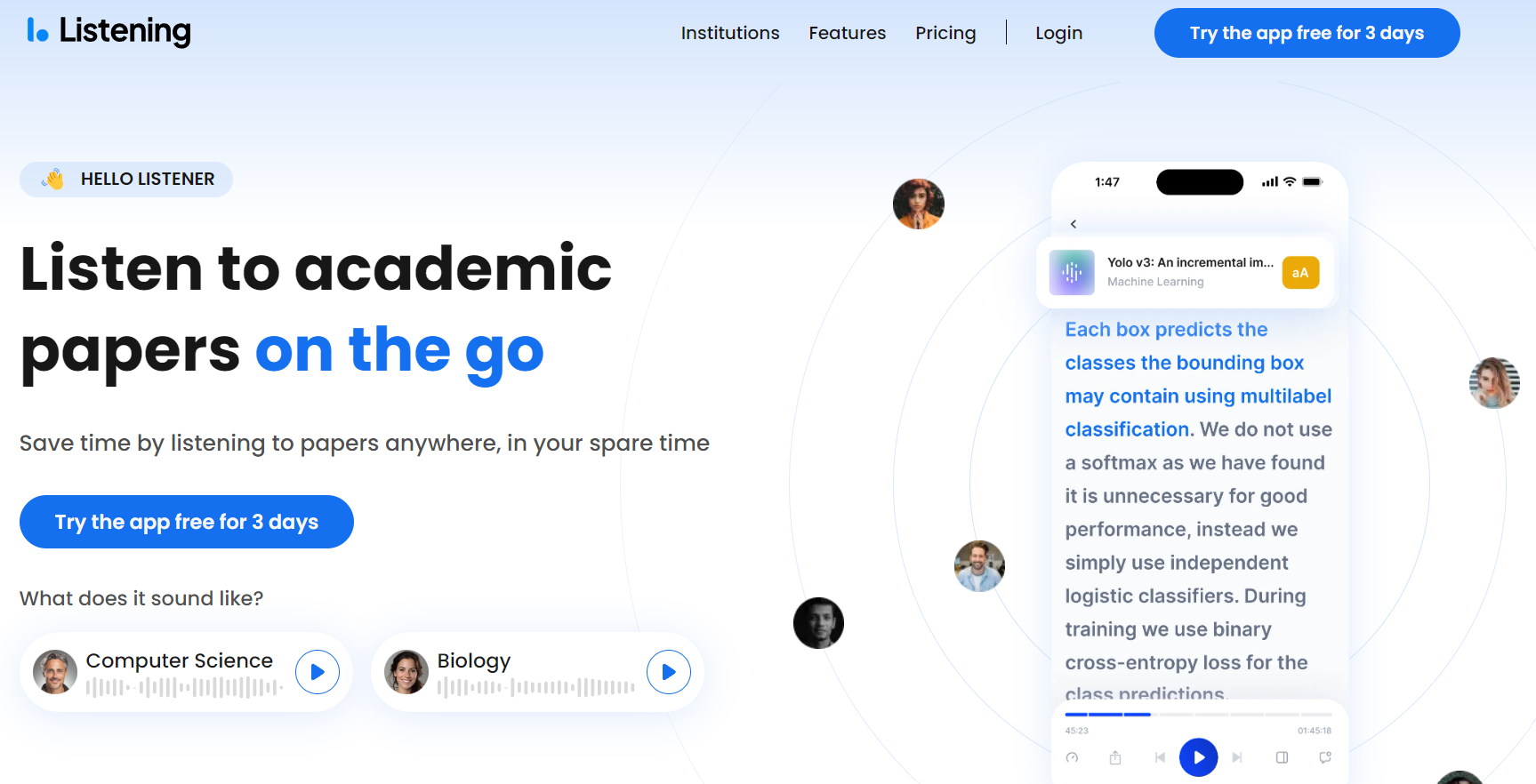In the fast-paced world of academia, mastering the skill of efficient research paper reading is crucial. As the volume of published research continues to grow exponentially, academics and researchers face the challenge of staying current in their fields while managing their time effectively. Leveraging AI-powered tools can help in this literature review task. Learning how to read research papers efficiently not only saves time but also enhances comprehension and retention of critical information.
Efficient reading of research papers offers numerous benefits for academics:
- Improved time management
- Enhanced understanding of complex topics
- Increased productivity in research and writing
- Better preparation for discussions and presentations
- Ability to stay up-to-date with the latest developments in your field
Preparing for Effective Research Paper Analysis
Before diving into a research paper, it’s essential to set yourself up for success. Gathering the necessary tools and creating an optimal reading environment can significantly improve your efficiency and comprehension.
Gathering necessary tools and resources:
- Digital or physical copies of the research paper
- Note-taking tools (digital or traditional)
- Reference management software
- The Listening app for enhanced focus and comprehension
Creating an optimal reading environment:
- Choose a quiet, well-lit space
- Minimize distractions (e.g., silence notifications on your devices)
- Ensure comfortable seating and proper ergonomics
- Have water and healthy snacks nearby to maintain energy levels

A Step-by-Step Guide to Reading Research Papers
Following a structured approach to reading research papers can greatly improve your efficiency and understanding. Here’s a step-by-step guide to help you navigate through any scientific paper effectively:
1. Scanning the abstract and introduction * Read the abstract to grasp the main ideas and conclusions * Review the introduction to understand the context and research questions 2. Analyzing the methodology * Identify the research design and methods used * Evaluate the appropriateness of the chosen methods * Look for potential limitations or biases in the study design 3. Evaluating results and discussion * Focus on key findings and their statistical significance * Examine figures and tables for visual representation of data * Consider how the results align with the research questions 4. Reviewing conclusions and future work * Assess the authors’ interpretation of the results * Look for implications and potential applications of the findings * Note any suggestions for future research
Maximizing Comprehension and Retention
To truly benefit from reading research papers, it’s crucial to employ active reading techniques and effective note-taking strategies.
Active reading techniques:
- Highlight key points and unfamiliar terms
- Write questions in the margins
- Summarize main ideas in your own words
Note-taking strategies:
- Use the Cornell method or mind mapping
- Create a summary sheet for each paper
- Record your thoughts and critiques
Visualization methods:
- Sketch diagrams or flowcharts to represent complex processes
- Create concept maps to connect ideas across multiple papers
- Use color-coding to organize information by themes or importance
Leveraging AI Tools for Enhanced Research Paper Reading
Artificial Intelligence (AI) has revolutionized the way we approach academic research. AI-powered study aids can significantly enhance your ability to read and comprehend research papers efficiently.
The Listening app: Your research paper companion
Listening.com offers a powerful AI-driven tool designed to optimize your research paper reading experience. Key features that make Listening an invaluable asset include:
1. Text-to-speech functionality: Listen to research papers while multitasking or on-the-go 2. Customizable reading speed: Adjust the pace to match your comprehension level 3. Intelligent summarization: Get concise overviews of complex papers 4. Vocabulary enhancement: Learn and retain new terminology effortlessly
By using Listening, you can enhance your comprehension and retention of research papers, making your study sessions more productive and enjoyable.

Other AI tools for academic research
While Listening.com is an excellent choice for efficient research paper reading, there are other AI tools that can complement your academic workflow:
1. Semantic Scholar
- Website: https://www.semanticscholar.org/
- Features: AI-powered academic search engine
- Benefits: Helps find relevant papers and track research impact
2. Scholarcy
- Website: https://www.scholarcy.com/
- Features: Automatic summarization and reference extraction
- Benefits: Quickly grasp key points and manage citations
These tools, along with Listening.com, can significantly enhance your research paper reading efficiency and overall academic performance.
Integrating AI Tools with Traditional Reading Methods
To maximize the benefits of AI tools in your research paper reading process, it’s essential to strike a balance between technology and critical thinking. Here’s how you can create a customized workflow that combines AI assistance with traditional reading methods:
1. Use AI tools for initial scanning and summarization 2. Apply critical thinking to evaluate AI-generated insights 3. Combine AI-assisted note-taking with your own annotations 4. Utilize text-to-speech features for auditory learning while actively reading
Remember, AI tools are meant to augment your skills, not replace them. Always maintain a critical perspective and use your judgment when interpreting research findings. Tools for research can aid but should not replace critical thinking.
Overcoming Common Challenges in Research Paper Reading
Even with AI assistance, reading research papers can present several challenges in research paper understanding. Here are some strategies to overcome common obstacles:
Dealing with complex terminology:
- Create a personal glossary of field-specific terms
- Use online resources or AI tools to explain unfamiliar concepts
- Consult with colleagues or mentors for clarification
Managing information overload:
- Break long papers into smaller, manageable sections
- Take regular breaks to process information
- Use summarization techniques to distill key points
Staying focused during long reading sessions:
- Improve concentration by using the Pomodoro technique
- Practice mindfulness or short meditation exercises between sessions
- Utilize apps to help in studying and maintaining focus
Putting It All Together: Your Efficient Research Paper Reading Strategy
To develop a personalized approach to reading research papers efficiently, consider the following steps:
1. Assess your current reading habits and identify areas for improvement 2. Experiment with different AI tools and traditional methods 3. Create a customized workflow that suits your learning style 4. Regularly evaluate and adjust your strategy for continuous improvement
Remember that becoming an efficient research paper reader is an ongoing process. Be patient with yourself and remain open to new techniques and technologies that can enhance your academic journey.
Elevating Your Academic Journey
Mastering the art of efficient research paper reading can have a profound impact on your academic success. By combining traditional reading methods with cutting-edge AI tools like Listening.com, you can:
- Save time and increase productivity
- Deepen your understanding of complex topics
- Stay ahead of the curve in your field of study
- Contribute more effectively to academic discussions and collaborations
Embrace the challenge of becoming a more efficient reader, and let your curiosity drive you to explore new frontiers in your academic pursuits. With practice and the right tools at your disposal, you’ll be well-equipped to navigate the vast sea of academic literature and make meaningful contributions to your field.









